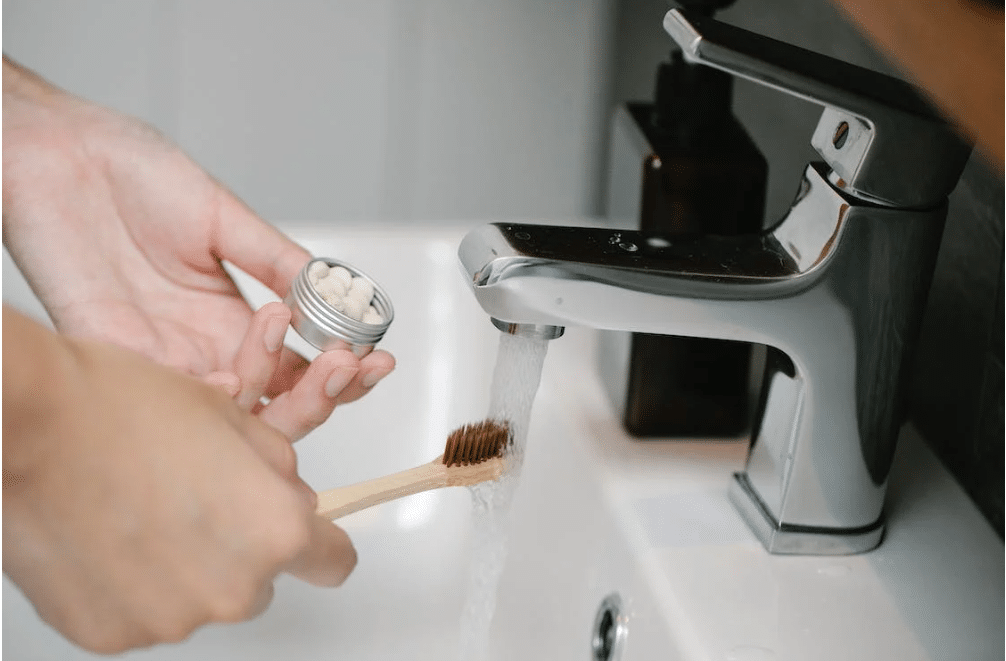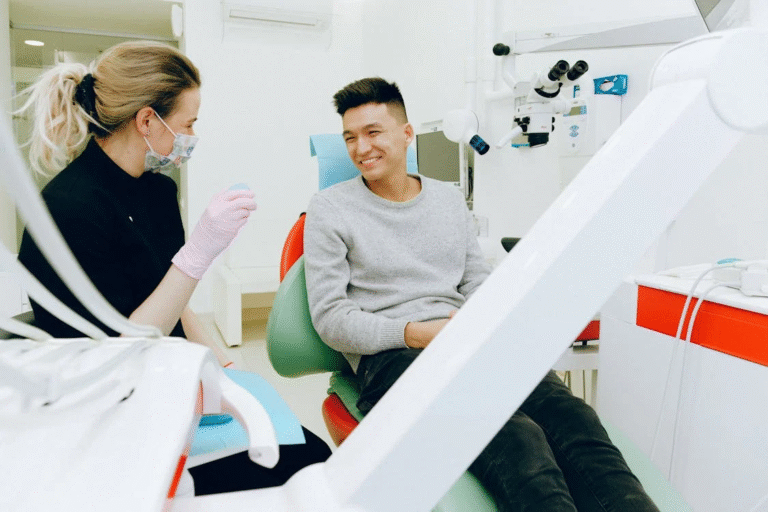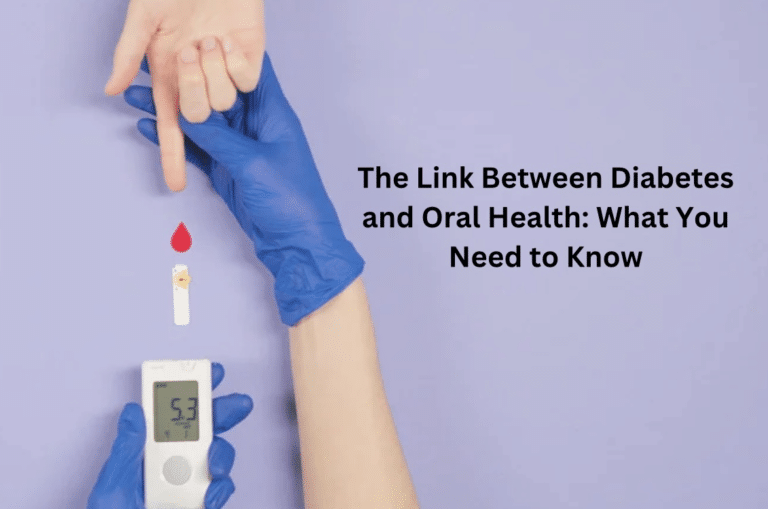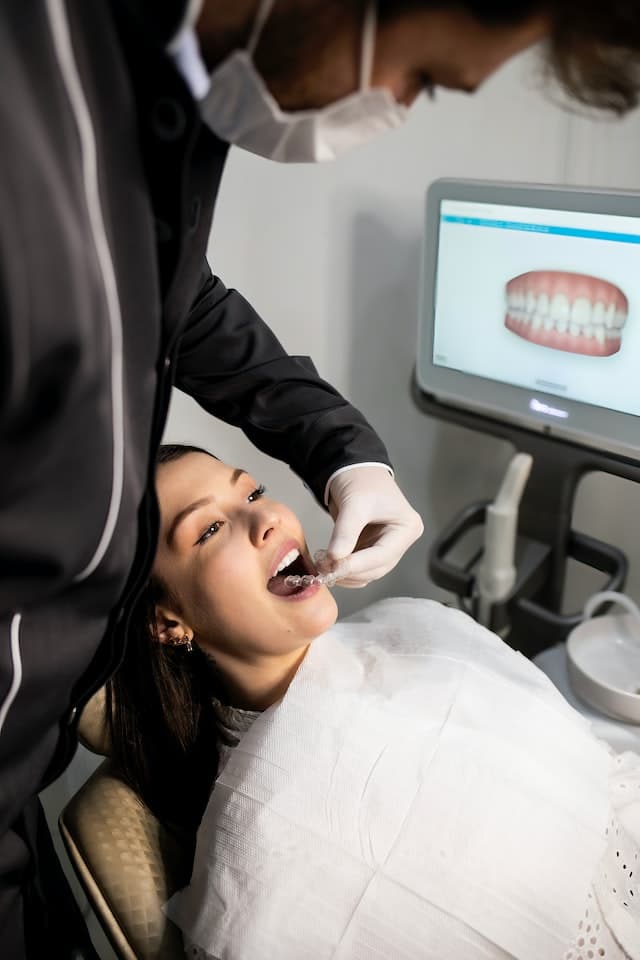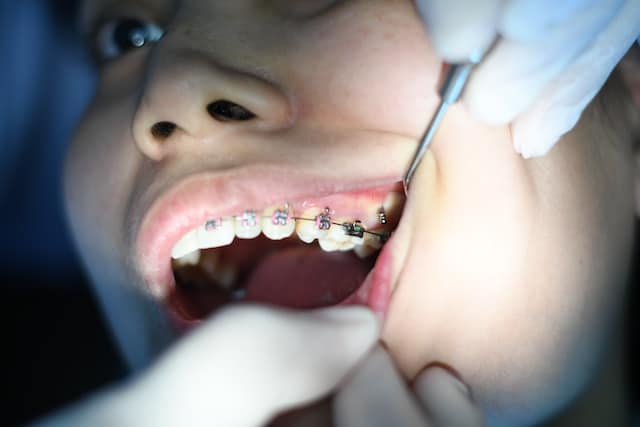Managing Dental Health with Diabetes, Essential Tips for a Healthy Smile
More than 400 million people globally live with diabetes today. With diabetes, people suffer from having higher than normal levels of blood glucose. As a result, this can lead to consequences for overall health. While diabetes mainly affects your body’s ability to produce or use insulin, it can also slowly creep up and cause other issues, including cardiovascular problems, kidney disease, dental health issues, and much more.
When it comes to oral health, those with diabetes run a higher risk of having gum disease, tooth decay, and other oral health problems compared to those without diabetes. When you want to ensure that your diabetes doesn’t impact your oral health and your healthy smile, here’s what you can do:
Maintain Blood Sugar
Maintaining blood sugar levels is crucial to controlling your diabetes and oral health. Your physician will have a target range that should always be kept in mind as you live your daily life. Elevated blood sugar can lead to a host of oral health complications. Monitor your blood sugar regularly, and if you have medication prescribed, take it on time every time. Regular exercise and cutting unnecessary sugars are also necessary to control blood sugar.
Be Consistent About Oral Hygiene
Lack of proper oral hygiene habits at home can put even those without diabetes at higher risk of oral health problems like cavities and periodontitis. Brushing your teeth regularly, at least twice a day, is critical to remove any bacteria and leftover food that can eat away at your teeth.
For the best results, use a soft-bristled toothbrush and fluoride toothpaste. And don’t forget about your tongue! Brushing your tongue can remove bacteria and help you get fresher breath. Follow up with a sugar-free mouthwash and floss to ensure your teeth are spotless.
Opt for Regular Dental Cleanings and Check-Ups
Even when you’re following the best oral care routine at home, it never hurts to bolster it with visits to your dentist. Regular cleaning by a dentist can help remove pesky bacteria in hard-to-reach areas. You must inform your dentist about your diabetes diagnosis before your dental cleaning or check-up so they can closely monitor your oral health and provide an accurate diagnosis.
Your dentist may also ask about any medications you are taking for your diabetes, and you must maintain complete transparency so they can take care of your oral health as best as possible. Regular check-ups can also help catch symptoms of oral health problems early on and increase treatment success.
Control Dry Mouth
For many people with diabetes, dry mouth has become a common but unsolvable problem. Dry mouth is uncomfortable and increases the chances of tooth decay. It’s important to remain hydrated throughout the day to deal with the symptoms, which means drinking lots of water.
Many apps available today can help with reminders so you remember to drink water regularly (especially if it’s not a habit). Look into sugar-free gum that can help with saliva and prevent dry mouth. Talking about it with your dentist is crucial if you can’t find a way to lessen your dry mouth symptoms.
Watch for Gum Disease Symptoms
Periodontal disease, or gum disease, is a common oral health complication for those with diabetes. Many symptoms of gum disease are known to manifest early and can help you get treatment as soon as possible. Watch out for:
- Red, inflamed, swollen, or bleeding gums
- Continual bad breath
- Loose teeth
- Pus between teeth and gums
- Increased sensitivity in gums
If you have more than one symptom, scheduling an appointment with your dentist as soon as possible is ideal. A thorough evaluation can help you determine whether it is gum disease and the best treatment for your diabetes. Remember, early intervention is crucial to increasing the chances of success regarding treatment.
Follow A Good Diet
Whether for diabetes management or good oral health, a good diet can holistically benefit your lifestyle. A balanced diet should include a good mix of fruits, vegetables, whole grains, lean proteins, and dairy products (low-fat).
Reduce and eliminate sugars and processed foods from your diet because they can contribute to tooth decay and high blood sugar levels. Instead of going for alcoholic beverages or high-sugar soda drinks, choose water or fruit-infused water that can taste just as good. Munch on fruits like apples that stimulate saliva production and clean your teeth.
Remain Informed
Research is always progressing our understanding of oral health, diabetes, and the relation between the two. Staying informed about the latest developments can help you create a better plan to maintain and improve your oral health and diabetes. Attend seminars, workshops, and lectures on oral health and diabetes to learn what you should or shouldn’t do.
Maintaining the right oral routine is essential when you’re dealing with diabetes, especially if you have a history of oral health problems or require corrective dental treatments like braces or aligners. By following these essential tips, you can see an immediate improvement not just in your oral health but in your diabetes management, too. Enjoy a healthy smile when transparent with your dental team, and follow a good lifestyle! Be sure to manage your dental health with diabetes.

